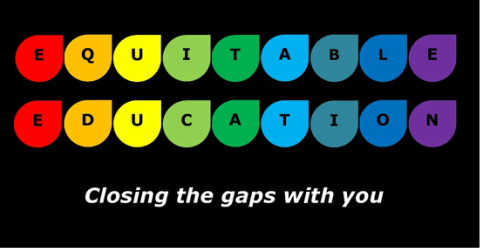- Americans took approximately 20% more time to read about the Indian wedding, whereas the Indians took 10% more time to read about the American wedding.
- Interestingly, but perhaps not surprisingly, Americans recalled 27% more about the American wedding compared to the Indian wedding, whereas the reverse was true for Indians who recalled 28 % more of the Indian wedding.
What this demonstrated was that culture affects what is coded and what is stored in memory. It also determines the ease or difficulty with which certain materials are read.
Steffenson et al went further and also looked at whether the ideas in the passages were elaborated on or distorted by both sets of readers and found that when they were recalling culturally familiar content they tended to elaborate by filling in gaps, deducing outcomes and making inferences. However, when they were recalling unfamiliar events they tended to distort the evidence. The following examples to illustrate these points:
- In the passage about the American wedding it stated that the bride was wearing her grandmother’s wedding dress. The Indians recalled this as the bride wearing an old and dated wedding dress. They did this because in traditional Indian weddings the bride’s dress would demonstrate the family’s economic and social status. They therefore, construed that because the bride was wearing her grandmother’s old wedding dress the family suffered from improverishment and poor taste. They misconstrued this because they did not understand the cultural tradition of wearing ‘something old and something borrowed’ and the role this played in the American bride’s dress choice.
- In contrast, in the passage describing the Indian wedding it mentioned the fact that gifts were given to the groom’s family by the bride’s family. The Americans construed this as reciprocal gift giving because they did not understand the practice of dowry-giving in the Indian context. This led them to distort the practice of Indian dowry-giving’ with something they were more familiar with.
In another study, this time led by Ralph Reynolds, in which Steffenson and her colleagues also took part, called “Cultural schema and reading comprehension” they asked White and Black 8th grade students to read a passage on ‘sounding’ or ‘playing the dozens’, which was a form of ritual insult found mainly within the Black community. Black students read the passage and interpreted is as being about verbal play because they were culturally familiar with the practice, whereas White students tended to interpret is as being about physical aggression. The evidence from this study shows how cultural schemata can influence how reading passages can be interpreted.
These are just two examples of the significant amount of research which has been undertaken in this area. What this and other research demonstrates is how subjects understand more of a text based on their own respective culture than that of the others. The reasons for misconstruing and distorting the factual context of the passages was because they were trying to fit the text into their own cultural framework not the framework of the target culture and as a result they were less successful in understanding the passage from the other culture.
The examples above are illustrative of the issues that teachers and practitioners should be aware of when interpreting reading comprehension scores of minority ethnic and EAL students in their classrooms. The Steffenson studies demonstrate the need for teachers to use pre-teaching activities to activate prior knowledge (in the case above, the schema of a wedding ceremony) and to actively engage students so that they become familiar with the diverse cultural norms and nuances evident in the text. In many cases the text pupils are exposed to in school won't necessarily be as culturally nuanced as those mentioned in the above research. However, even texts that seem to be 'culture free' may have aspects that require careful consideration to ensure that all students are able to engage with them on a level playing field, whether this is for cultural or linguistic reasons. There are well known pre, during and after reading activities that teachers can build into their teaching, so that EAL and minority ethnic pupils can proactively engage with texts. These strategies will also benefit pupils who are eligible for free school meals and require assistance to improve their reading.
Future blog postings will focus on some of these pre, post and during reading activities. In the meantime, if you would like either training or coaching in this area, please note that we at Equitable Education have considerable expertise of working with teachers and Literacy co-ordinators to develop both whole school and classroom strategies to raise the attainment of EAL and minority ethnic pupils in reading. We work with both primary and secondary schools.. Contact us by e-mailing us on [email protected] or by using the contact form page above to discuss your particular school needs. We look forward to hearing from you.



 RSS Feed
RSS Feed
